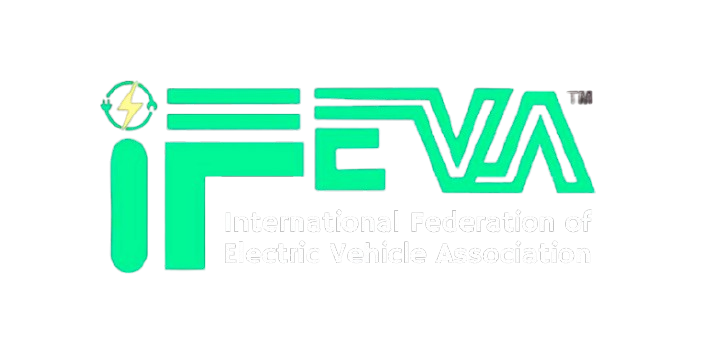.
Uttarakhand Electric Vehicle Policy 2019
Tamil Nadu Electric Vehicle Policy 2019
Punjab Electric Vehicle Policy 2019
Kerala Electric Vehicle Policy 2019
Draft of Gujarat Electric Vehicle Policy 2019
Draft of Bihar Electric Vehicle Policy 2019
Telangana Electric Vehicle and Energy Storage Policy 2020-30
Delhi Electric Vehicle Policy 2020
Draft of Goa Electric Mobility Promotion Policy 2021
Assam Electric Vehicle Policy 2021
Chandigarh Electric Vehicle Policy 2022
As of my knowledge cutoff in September 2021, several Indian states have implemented various policies and initiatives to promote electric vehicles (EVs) and reduce reliance on fossil fuel-based transportation. However, please note that the policies might have changed or evolved since then. Here are some state-level EV policies in India:
Delhi: The Delhi government introduced the “Electric Vehicle Policy 2020” to promote the adoption of EVs. It includes incentives such as financial incentives for EV buyers, waived road tax and registration fees, subsidies for electric two-wheelers, and support for charging infrastructure development.
Maharashtra: The state of Maharashtra launched the “Maharashtra Electric Vehicle Policy 2021” to accelerate the adoption of EVs. The policy offers incentives like subsidies for electric vehicles, exemption from road tax and registration fees, and financial incentives for setting up EV charging infrastructure.
Karnataka: The government of Karnataka introduced the “Electric Vehicle and Energy Storage Policy 2017” to encourage EV adoption. The policy focuses on creating a conducive environment for EV manufacturing, attracting investments, and promoting research and development in the EV sector.
Tamil Nadu: Tamil Nadu unveiled the “Electric Vehicle Policy 2019” to promote the manufacturing of EVs and associated components. The policy offers incentives such as capital subsidies, investment subsidies, and exemption from various taxes for EV manufacturers.
Gujarat: The Gujarat government launched the “Gujarat Electric Vehicle Policy 2021” to encourage the adoption of EVs in the state. The policy provides incentives such as subsidy on the purchase of electric two-wheelers, three-wheelers, and electric vehicles used for last-mile connectivity.
Andhra Pradesh: The state of Andhra Pradesh introduced the “Andhra Pradesh Electric Mobility Policy 2018-23” to promote the usage of EVs. The policy includes measures like financial incentives for EV buyers, exemption from road tax and registration fees, and support for setting up EV charging infrastructure.
These are just a few examples of state-level EV policies in India. Other states, such as Rajasthan, Kerala, and Uttar Pradesh, have also taken initiatives to promote electric mobility. It’s advisable to check for the latest policies and updates from the respective state government websites or consult local authorities for the most up-to-date information.


